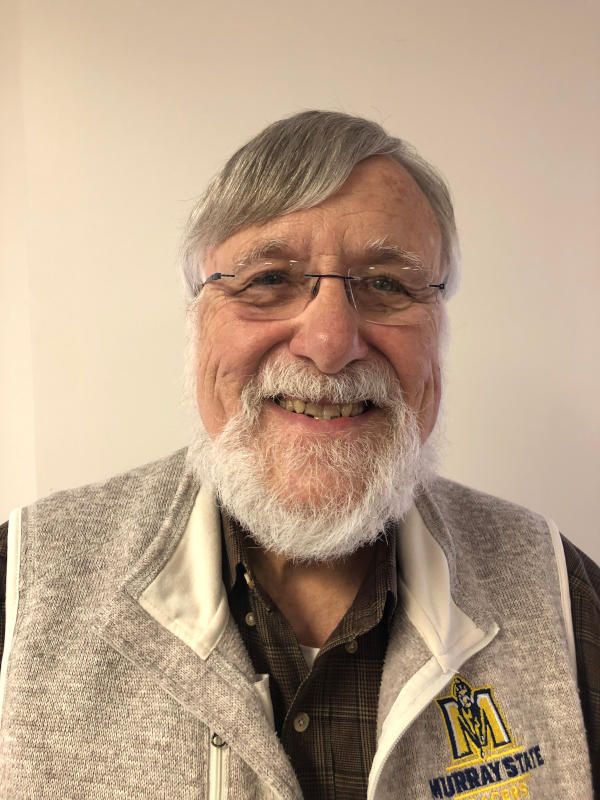In my last article, I asked readers to look at sections of our state constitution that showed how seriously our past legislators regarded the importance of common or public schools. That awareness should make it easier for us to honor our ancestors by voting against Amendment 2, which would weaken public schools by diverting tax dollars away from them.
Perry County School Superintendent Kent Campbell told WEKU public radio in May that this amendment “paves the way for our state to begin writing blank checks to private schools using dollars that should go to public schools and their students.”
While this amendment does not itself create a voucher program that could give tax money directly to private schools or parents, it clearly negates Section 189 of the Kentucky Constitution that says that “no portion of any fund or tax now existing, or that hereafter be raised or levied for educational purposes, shall be appropriated to, or used by, or in aid of any church.” A voucher bill giving parents tax money as vouchers to be used for private religious schools would violate Section 189.
But there is much more than respect for the Kentucky Constitution at stake in this battle to save our common schools. Perhaps the most important effect of adding this amendment would be its economic impact on our public schools and our citizens.
To look at the effect of such vouchers, the Kentucky Center for Economic Policy recently published a document showing what each school district in Kentucky would lose if we adopted “a Florida-style program” in which 30% of our educational funds could be used for vouchers. It “would take $1.19 billion annually from the state budget. That equals the cost of employing 9,869 Kentucky public school teachers and employees.”
Calloway County Schools, for example, would have a 13% budget reduction ($4,676,702) and lose 43 positions. Grave County Schools could lose 77 positions and $7,661,618.
It is also important to remember that students now attending private schools usually come from wealthier families. The KY Policy report cited an average family income for private school students of $148,400.
Voucher programs have no income limits, so these tax dollars “would subsidize those already attending private schools or planning to do so.” So “privatizing funding undermines democracy and gives more power to the wealthy.”
Lieutenant Governor Jacqueline Coleman pointed out in an email that “over 60% of Kentucky counties lack certified private schools, meaning our rural communities ... will be hardest hit [since] public schools are often the largest employer in those areas, creating an engine for local economies. Amendment 2 would drain these schools of essential funding, creating financial chaos while also hurting our kids.”
As a historian, I recall that our Founders regarded public schools as necessary for a healthy republic.
- James Madison, the father of our Constitution, wrote that “a popular Government without popular information, or the means of acquiring it, is but a Prologue to a Farce or a Tragedy.”
- Thomas Jefferson believed that only education would make it possible for government to “derive their just power from the consent of the governed.” He tried to build a public education system in Virginia and he wished to be remembered on his tombstone for founding the University of Virginia.
- The best statement showing the link between public education and democracy comes from John Adams. He wrote the Massachusetts Constitution of 1780 which declared that “wisdom and knowledge ... diffused generally among the body of the people [are] necessary for the preservation of their rights and liberties. ... [Thus] it shall be the duty of legislators and magistrates, in all future periods of this commonwealth, to cherish the public schools.”
Today there are many conservative judges who claim to be “Originalists,” saying they want to judge our laws on whether or not they reflect the “original intent” of our founders.
It is unfortunate that today’s Kentucky legislators didn’t study these words of John Adams.
--30--








